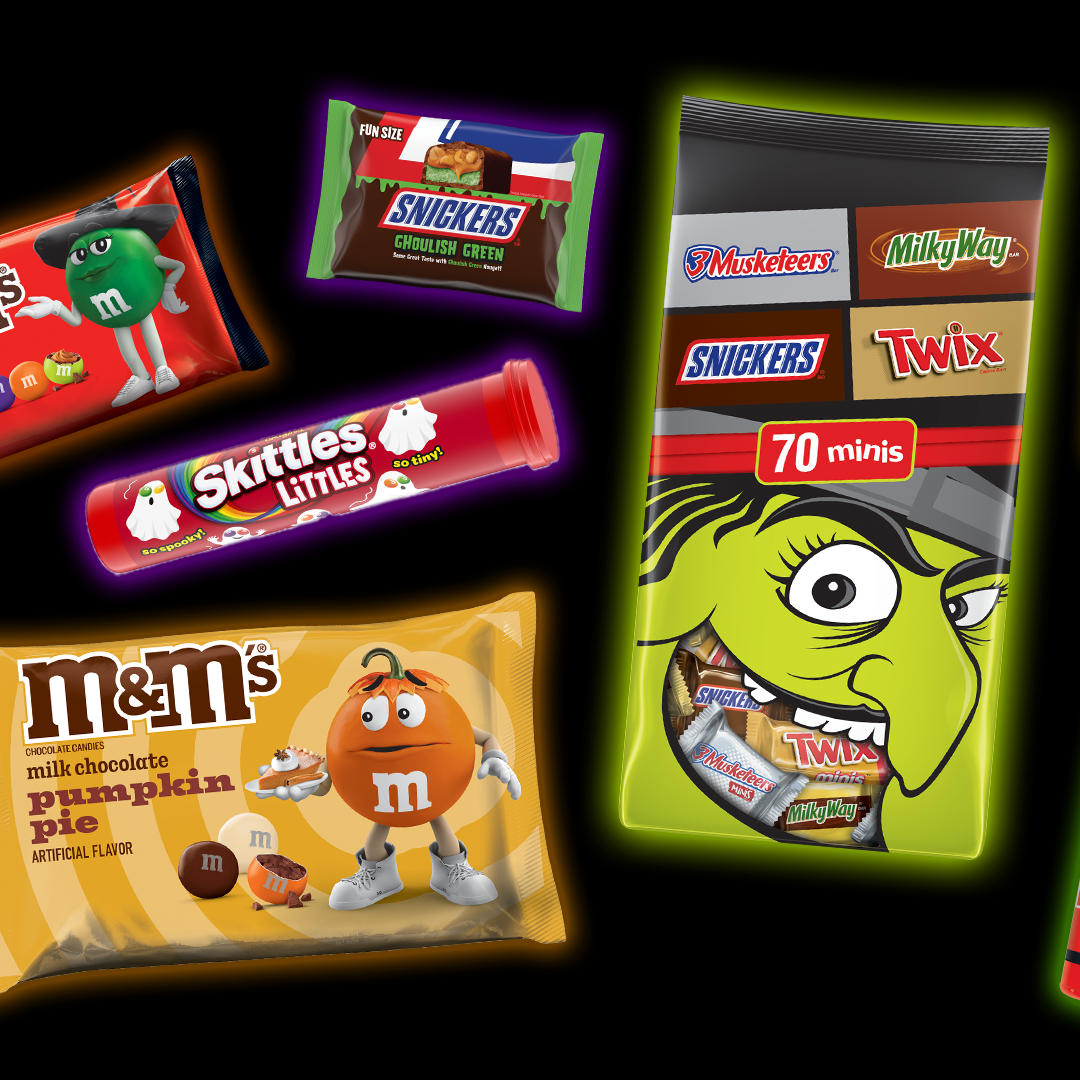It’s Mental Health Awareness Month, and at Mars Food & Nutrition we believe in taking care of your mental health and overall well-being 365 days a year. And while things like exercise and getting great sleep are well known for boosting mental well-being, it might surprise you to hear that cooking and sharing meals at home can have significant benefits for mental health!
Research shows that there are many advantages to sharing meals, particularly ones you cook at home. And evidence points to plenty of mental health benefits of eating together, whether at home or at work. Here are a few ways sharing meals can boost you and your family’s mental health:
Increase overall wellbeing
Cooking and eating with others offers enormous positives, from bringing generations together, to the mental health benefits of taking the time to talk about our days. The Mental Health Foundation observes that shared mealtimes are good for your mental health by providing a "sense of rhythm and regularity" in our lives, for example, the structure and routine can be helpful to young people. And, cooking and eating new foods, or sharing an old favorite, can also encourage bonding and create happy memories of family time all together that are beneficial for wellbeing. They also note that shared mealtimes give us "a chance to reflect on the day and feel connected to others." 1
It helps build connections
Sharing a meal also plays a role in bringing members of a household or family together, helping people of different ages bond, and boosting wellbeing. While there are other factors at play, Professor Greta Defeyter, founder and the Director of the "Healthy Living" Lab at Northumbria University and a spokesperson for the British Psychological Society notes, "in a fast-paced world shared mealtimes help support children and youth in learning cultural values, social learning, social skills, promoting family attachments and thus reducing social isolation." 2
It helps you eat well to be well
It’s no secret that cooking at home is healthier than eating out (for our bodies and our budgets!), and eating a balanced, nutritious diet has been linked to improved nutrition – which may lead to improved mental health. For example, a University of Illinois study that looking at the "frequency of shared family mealtimes in relation to nutritional health in children and adolescents" – including 182,836 children and adolescents from ages 2.8 to 17.3 – found a "significant" relationship between the two, with those sharing family meals three or more times a week more likely to be in a normal weight range, exhibiting healthier dietary patterns, and being less prone to disordered eating. 3
Another study, by the University of Pittsburgh, determined that the "odds of low fruit and vegetable intake were greater for preschoolers who shared less than three evening family meals per week" "than preschoolers who shared the evening meal with family every night." 4
It’s relaxing
That’s right — cooking is a great way to engage your senses. Whether you’re chopping, blending, or smelling aromas from something baked fresh inside the oven, this sensory experience is an effective way to unwind and unplug.
Bottom line: Food is about more than fuel. Food offers the opportunity for connection, anchors communities, builds vibrant societies, keeps traditions alive across generations, and is an outlet for creativity and cultures. Food helps us stay grounded with traditions like family mealtimes and create new traditions by trying new foods and flavors. The food we eat reflects the care we have for others, our planet and ourselves. When we eat well, we nourish all of those connections, including caring for our own mental health. At Mars, we believe that a better world tomorrow starts with prioritizing mental health and well-being today — and cooking and sharing meals is a great place to start!
To read more about our work championing the benefits of shared meals in the UK, read our latest report here.
1 Mental Health Foundation, 2023. Diet and Mental Health. [Online] Available at: https://www.mentalhealth.org.uk/explore-mental-health/a-z-topics/diet-and-mental-health [Accessed May 2, 2023].
2 Carù, A. & Cova, B., 2015. Co-creating the collective service experience. Journal of Service Management, 26(2), pp. 276-294. [Online] Available at: https://www.researchgate.net/publication/275249978_Cocreating_the_collective_service_experience. [Accessed May 2, 2023].
3 Hammons, A. J. & Fiese, B. H., 2011. Is frequency of shared family meals related to the nutritional health of children and adolescents?. Pediatrics, 127(6), pp. 1565-1574. [Online] Available at: https://experts.illinois. edu/en/publications/is-frequency-of-shared-family-meals-related-to-the-nutritional. [Accessed May 2, 2023].
4 Caldwell, A. R., Terhorst, L., Skidmore, E. R. & Bendixen, R. M., 2018. Is frequency of family meals associated with fruit and vegetable intake among preschoolers? A logistic regression analysis. Journal of Human Nutrition and Dietics, 31(4), pp. 505-512. [Online] Available at: https://onlinelibrary.wiley.com/doi/ abs/10.1111/jhn.12531. [Accessed May 2, 2023].















